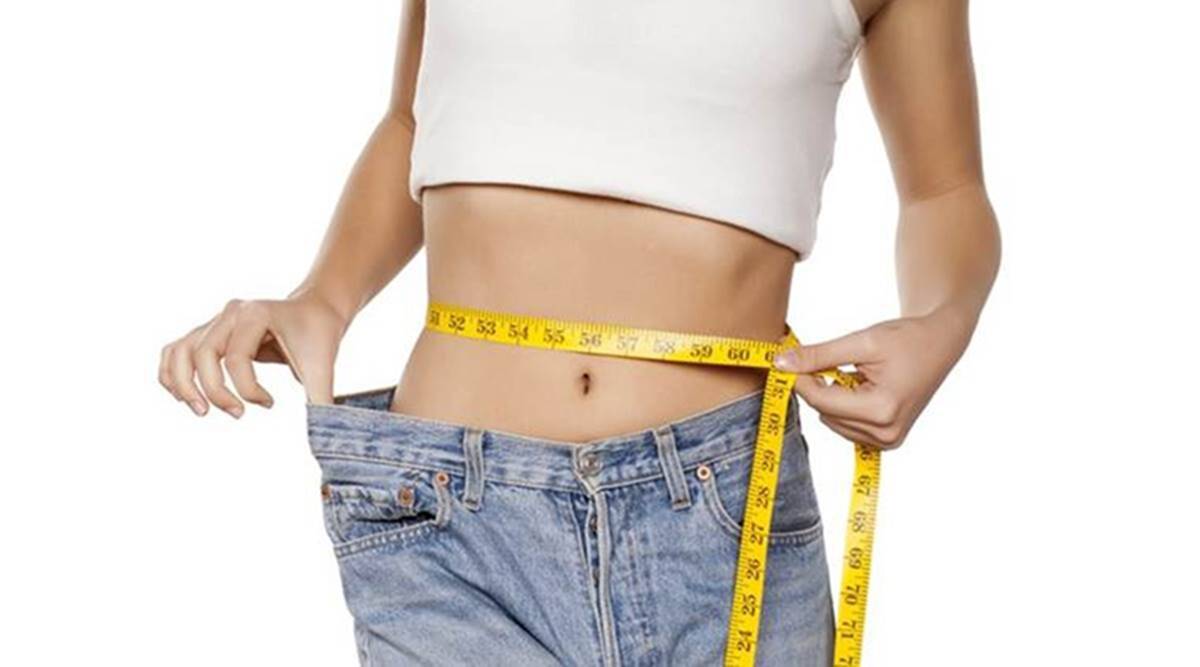Why You Shouldn't Rush Weight Loss
If you want to lose weight and get lean fast, you must create a large enough calorie deficit that is sustainable, that allows you to lose only fat (not muscle), keeps your metabolism humming, and energy levels high so that you can burn fat fast. The Mediterranean diet emphasizes eating good fats and good carbs along with large quantities of fresh fruits and vegetables, nuts, fish, and olive oil—and only modest amounts of meat and cheese. The Mediterranean diet is more than just about food, though. Regular physical activity and sharing meals with others are also major components. Research has shown that sudden weight loss is really bad for you, and can cause heart problems as well as gallstones. And as it turns out, you can even end up losing friends in the process. So, don’t take a shortcut in terms of your diet, and instead, opt for these lifestyle changes. We have very little control over our basal metabolic rate, but it's our biggest energy hog. "It's generally accepted that for most people, the basal metabolic rate accounts for 60 to 80 percent of total energy expenditure," Kravitz said. Digesting food accounts for about 10 percent.
A new weight-loss intervention may be especially effective for people who have trouble resisting food. Don’t be afraid to load your plate with leafy green vegetables. They’re packed with nutrients, and you can eat very large amounts without greatly increasing calories and carbs. That’s why experts recommend making smaller cuts in calorie intake that minimize these side effects while encouraging a more sustainable form of weight loss. A temporary return to old habits does not mean failure. Paying attention to dietary choices and exercise can help maintain weight loss. Identifying situations, such as negative moods and interpersonal difficulties, and using alternative methods of coping with such situations rather than eating can prevent returning to old habits.

If you are considering starting a diet, make sure that you have all the facts first, and always consult your GP before restricting or changing your diet. Drink more water: Our bodies consist of around 75 % of water. To burn excess fat, which exists in the human body the body needs more water. Thus intake of more water helps in the fat-burning process. Water also produces the feeling of fullness hence eating unwanted food is avoided by drinking water. Water helps in flushing the toxins in the body. Water does not contain calories hence it helps in weight loss in a faster manner. "Avoid fad or quick-fix diets," says registered dietician and nutrition researcher Tai Ibitoye. "Healthy eating should provide freedom not restriction," she adds, explaining that people who set themselves 'safe, achievable and sustainable goals will become more confident in their ability to lose weight safely. They'll also set realistic targets for themselves to keep the weight off long-term. After years of reading these types of articles, it clicked with me. I’m not finding any magical answers because there is no magic answer when it comes to losing weight. It requires a lifestyle change, whether you are aiming to lose 50 lbs or those last pesky, likely imaginary, 5 pounds.

Be kind to yourself, if things don’t go according to plan, keep trying. You may need to adjust your goals or the time it will take to achieve them. At the start of an exercise plan or diet plan, people witness a sudden weight loss of 2-3 kg. This is actually the water weight. The initial sudden weight loss is normal. But after this initial loss, anything more than 0.45 kg-0.9 kg per week could brew trouble for you in the long run. But let's talk about fat. It gets a bad rap, but your body needs it, too! There is an essential amount that each body needs to be healthy. That amount will vary between body type, age, sex, physical activity level, and fitness goal. If you lead a busy life or are just not a fan of cooking at home, you put your body at the mercy of the restaurants you order from. Even dishes advertised as “light” can have more calories than you bargained for, and many restaurants, particularly smaller establishments, don't list their nutritional information so you can see what you're actually eating. There's even evidence that people who eat lunch from restaurants outweigh those who prepare lunch at home by five pounds on average. And, let me add, if I feel like cheating at night with a treat like a hot-fudge sundae, I don’t hesitate.
